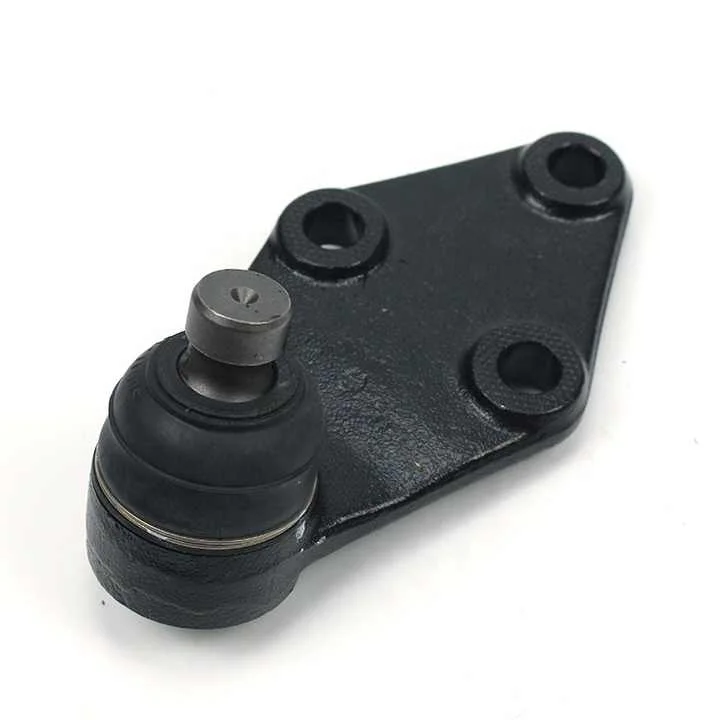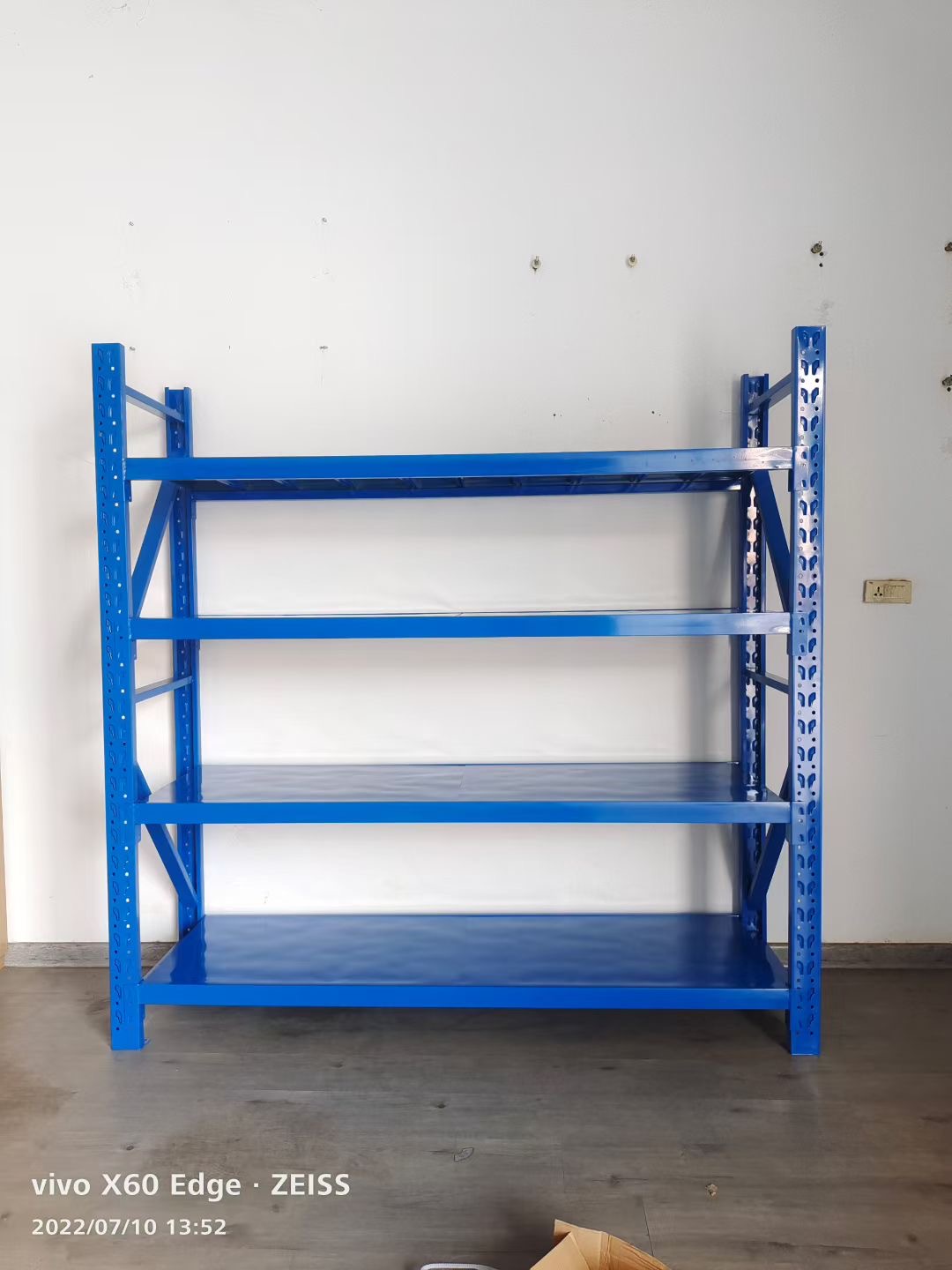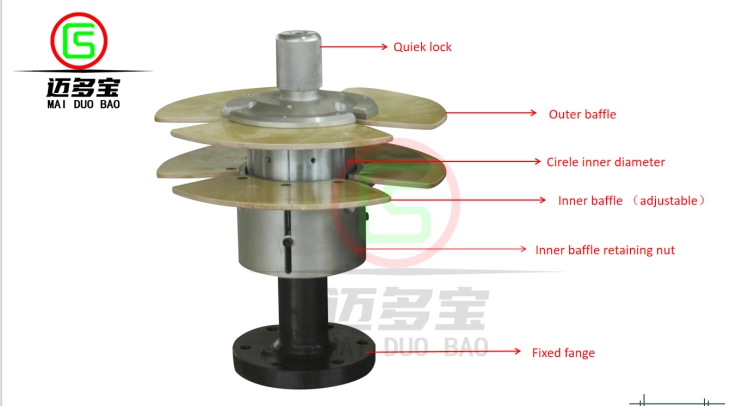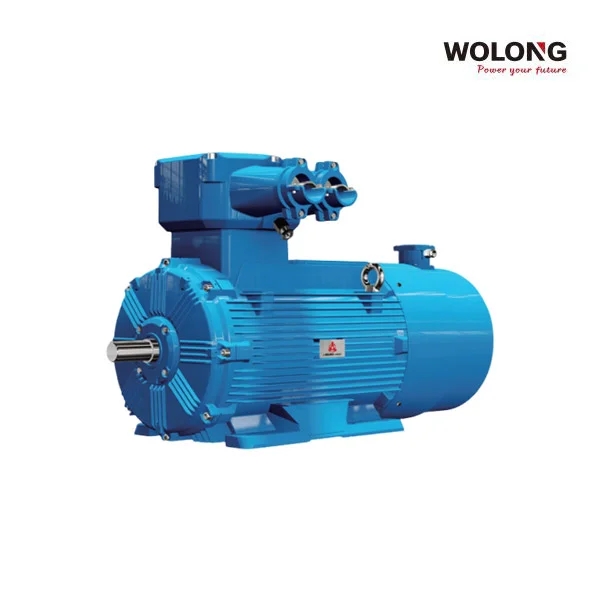As electric scooters gain popularity for both urban commuting and off-road adventures, ensuring their longevity and reliability through proper maintenance is crucial. In this blog post, KIXIN will share with you the daily maintenance of long range off road electric scooter for sale. Regular maintenance can not only extend the life of these vehicles, but also ensure safety and optimal performance.
1. Battery Maintenance
The battery is the heart of any electric scooter, especially one designed for long-range and off-road usage. Proper battery care can significantly affect both the range and lifespan of the scooter.
1.1 Battery Inspection
- Daily Check: Before each ride, visually inspect the battery for any signs of physical damage, swelling, or leakage. These could indicate a problem that requires immediate attention.
- Connection Integrity: Ensure that the battery connectors are clean and securely attached. Loose or corroded connectors can lead to power loss or even short circuits.
1.2 Charging Practices
- Optimal Charging: Charge the battery in a temperature-controlled environment. Extreme temperatures, particularly below 0°C or above 45°C, can degrade battery performance and longevity.
- Charging Cycle: Avoid deep discharges. It's recommended to recharge the battery when it drops to around 20-30% to prevent strain on the cells.
- Balanced Charging: If your scooter has a battery management system (BMS), ensure that it supports balanced charging, which helps maintain equal charge levels across all cells, improving overall battery health.
2. Tire and Wheel Maintenance
Tires on off-road scooters are subjected to significant stress due to rough and uneven terrains. Regular inspection and maintenance are essential to prevent unexpected breakdowns.
2.1 Tire Inspection
- Daily Inspection: Check the tire pressure daily, as improper inflation can lead to reduced range, poor handling, and increased wear. Use a pressure gauge to ensure the tires are inflated to the manufacturer' s recommended PSI.
- Tread Check: Examine the tire treads for wear and tear. Worn-out treads can compromise traction, especially on loose or wet surfaces, increasing the risk of accidents.
2.2 Wheel Alignment
- Spoke Tension: If your scooter uses spoked wheels, inspect the tension of the spokes regularly. Loose spokes can lead to misalignment, which can cause uneven tire wear and instability.
- Wheel Balance: Ensure the wheels are balanced to prevent vibrations during rides, which can cause discomfort and strain on the scooter' s components.
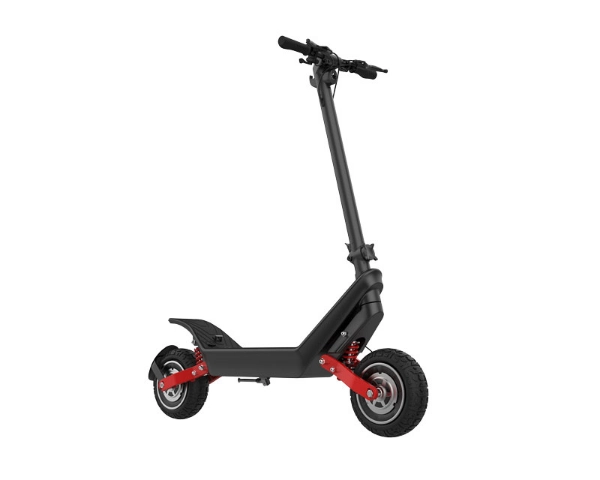
3. Brake System Maintenance
Brakes are critical for safety, especially when riding on challenging off-road terrains where sudden stops may be necessary.
3.1 Brake Pad Inspection
- Daily Check: Inspect the brake pads for wear. Over time, brake pads wear down, reducing braking efficiency. Replace them when the thickness is below the manufacturer' s recommendation.
- Cleanliness: Keep the brake pads and rotors clean. Dirt and debris can accumulate, leading to reduced braking performance or noise during operation.
3.2 Brake Fluid
- Hydraulic Brakes: If your scooter is equipped with hydraulic brakes, check the brake fluid level daily. Low fluid levels can indicate a leak, which must be addressed immediately to prevent brake failure.
- Bleeding Brakes: Periodically bleed the brakes to remove any air bubbles that could impair braking efficiency.
4. Suspension System Maintenance
The suspension system on an off-road electric scooter plays a crucial role in providing a smooth and stable ride over uneven terrain.
4.1 Suspension Inspection
- Daily Check: Inspect the suspension forks and shocks for any signs of oil leakage or physical damage. Leaking oil can indicate worn seals that need replacement.
- Bushing and Bearings: Examine the bushings and bearings in the suspension system. Any signs of wear or play should be addressed promptly to maintain stability and comfort.
4.2 Adjustment and Lubrication
- Suspension Settings: Ensure that the suspension is adjusted according to your weight and the terrain you plan to ride on. Softer settings are better for rough terrains, while stiffer settings may be preferred for smoother trails.
- Lubrication: Regularly lubricate the moving parts of the suspension system to prevent friction and wear. Use a lubricant recommended by the manufacturer to avoid damaging the seals.
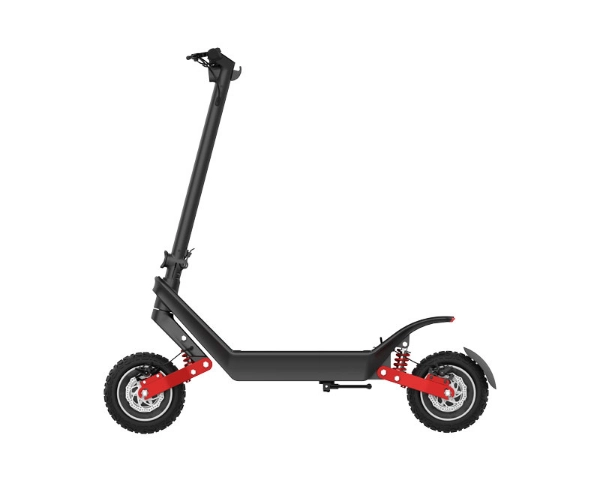
5. Frame and Structural Integrity
The frame of an off-road scooter is subjected to high levels of stress due to the demanding nature of the terrain.
5.1 Visual Inspection
- Cracks and Bends: Daily, inspect the frame for any cracks, bends, or other signs of structural damage. Pay special attention to weld joints, as these are common failure points under stress.
- Mounting Points: Check the mounting points for accessories, such as lights or racks, to ensure they are secure and not causing undue stress on the frame.
5.2 Tightening Bolts and Fasteners
- Torque Check: Regularly check the torque of critical bolts and fasteners, including those securing the handlebars, suspension, and wheels. Loose bolts can lead to component failure and pose a significant safety risk.
- Corrosion Prevention: Apply anti-seize compound or lubricant to bolts and fasteners prone to corrosion, especially if you frequently ride in wet or humid conditions.
6. Electrical System Maintenance
The electrical system, including the motor, wiring, and controls, requires careful attention to ensure reliable performance.
6.1 Motor Inspection
- Daily Check: Inspect the motor housing for signs of physical damage, and listen for unusual noises during operation, which could indicate internal issues such as bearing failure.
- Cooling: Ensure that the motor' s cooling system, if equipped, is functioning properly. Overheating can lead to reduced efficiency or motor failure.
6.2 Wiring and Connectors
- Visual Inspection: Check all wiring and connectors for signs of wear, fraying, or corrosion. Damaged wiring can lead to short circuits or loss of power.
- Waterproofing: Ensure that all electrical components are properly sealed to prevent water ingress, which can cause short circuits or corrosion.
7. Cleaning and Lubrication
Daily cleaning and lubrication help prevent dirt and grime buildup, which can affect the scooter's performance.
7.1 Cleaning
- Exterior Cleaning: Wipe down the scooter after each ride to remove dirt, mud, and debris. Use a damp cloth and mild detergent to clean the frame, wheels, and other components.
- Motor and Battery Cleaning: Avoid spraying water directly on the motor or battery. Instead, use a dry cloth to clean these sensitive components.
7.2 Lubrication
- Chain and Drivetrain: If your scooter has a chain drive, lubricate the chain regularly with a high-quality chain lubricant. This reduces friction and wear, ensuring smooth power delivery.
- Bearing Lubrication: Lubricate the wheel bearings and other moving parts as needed to prevent wear and ensure smooth operation.
Conclusion
Daily maintenance of a long-range off-road electric scooter is essential for ensuring safety, reliability, and longevity. By paying attention to the battery, tires, brakes, suspension, frame, electrical system, and overall cleanliness, you can keep your scooter in top condition, ready for any adventure. Regular inspections and proper care will not only enhance your riding experience but also help avoid costly repairs in the long run.
https://www.szkixin.com/blog/daily-maintenance-of-long-range-off-road-electric-scooter.html
www.szkixin.com
KIXIN


